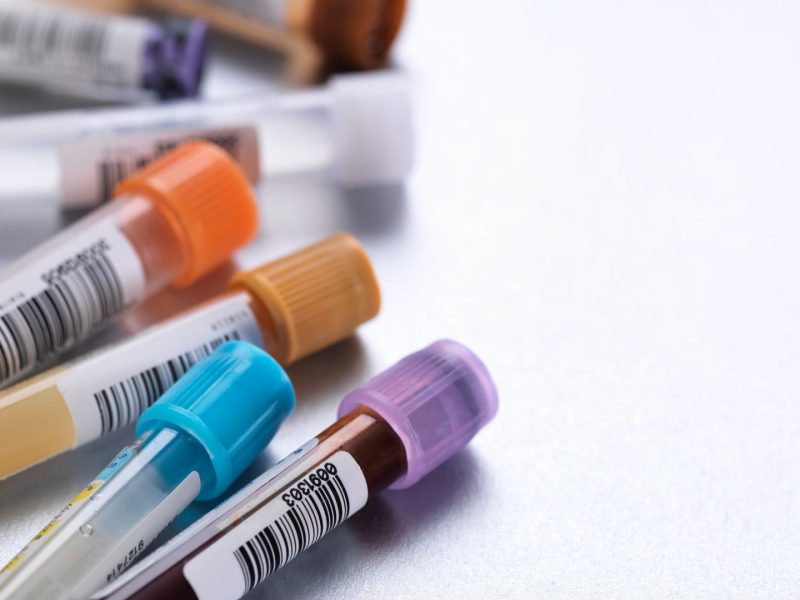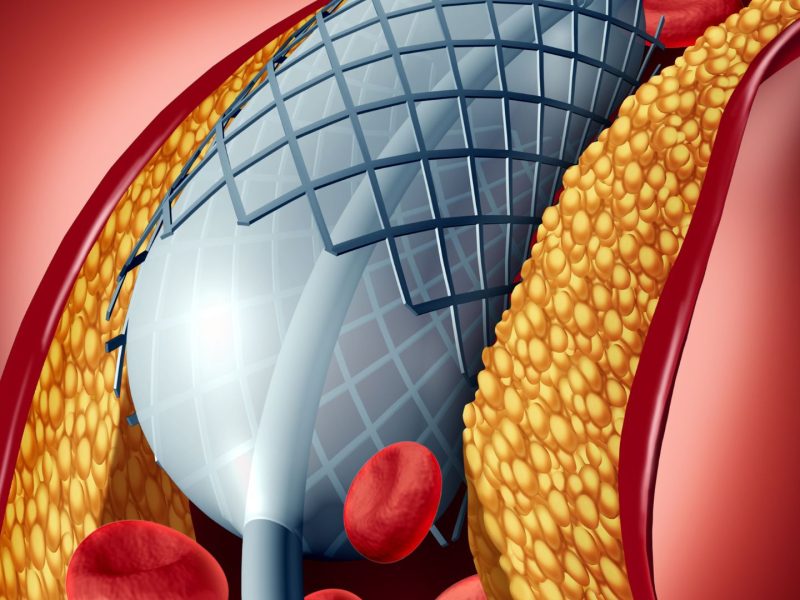As a doctor, one of the most common concerns I hear from patients and their families is, “How safe is a heart transplant?” It’s an understandable question—after all, a heart transplant is a major surgery and a life-changing event. While the idea of replacing a failing heart with a new one can be daunting, modern medical advancements have made heart transplants safer and more successful than ever before. Let’s dive into the details of heart transplant safety, risks, and long-term outcomes.
Understanding Heart Transplants
A heart transplant is a surgical procedure where a diseased or failing heart is replaced with a healthy donor heart. This procedure is typically recommended for patients with end-stage heart failure who haven’t responded to other treatments, such as medications, lifestyle changes, or implanted devices like pacemakers.
How Safe is a Heart Transplant?
The safety of a heart transplant depends on multiple factors, including the patient’s overall health, the availability of a well-matched donor, and post-transplant care. In recent years, the success rate of heart transplants has significantly improved. According to medical studies, the one-year survival rate for heart transplant recipients is over 85%, and many patients go on to live for decades with their new heart.
What Are the Risks of a Heart Transplant?
While heart transplants save lives, like any major surgery, they do come with potential risks. Some of the key risks include:
1. Organ Rejection
One of the most significant risks is that the immune system may recognize the new heart as a foreign object and attempt to attack it. To prevent this, patients are prescribed immunosuppressant medications to reduce the likelihood of rejection.
2. Infection
Since transplant patients take immunosuppressive drugs to prevent rejection, their immune systems are weakened, making them more susceptible to infections. Close monitoring and a healthy lifestyle can help mitigate this risk.
3. Blood Clots and Stroke
There’s a risk of blood clots forming, which could lead to complications like stroke or heart attack. Blood-thinning medications are often prescribed to lower this risk.
4. Side Effects of Immunosuppressants
Long-term use of immunosuppressant drugs can have side effects, such as high blood pressure, kidney problems, and an increased risk of certain cancers. However, doctors carefully adjust medication regimens to balance benefits and risks.
Improving Heart Transplant Safety
Medical advancements continue to improve heart transplant safety and success rates. Some of the innovations making transplants safer include:
- Better organ preservation techniques to keep donor hearts viable for longer.
- Improved matching systems to reduce rejection risks.
- Advances in immunosuppressant medications that are more effective with fewer side effects.
Life After a Heart Transplant
A heart transplant is not just about surviving surgery—it’s about long-term health. Patients must commit to:
- Taking medications daily to prevent rejection.
- Maintaining a heart-healthy lifestyle through diet and exercise.
- Regular follow-ups with a transplant team to monitor heart function and overall health.
Final Thoughts
So, how safe is a heart transplant? While no surgery is without risks, heart transplants have a high success rate, with many recipients enjoying extended, fulfilling lives. The key to a successful transplant lies in careful patient selection, skilled surgical teams, and diligent post-operative care.
If you or a loved one is considering a heart transplant, it’s essential to have open conversations with your cardiologist and transplant team. With the right approach and medical support, a heart transplant can be a life-saving procedure that offers a new lease on life.
Do you have any questions or concerns about heart transplants? Feel free to ask in the comments below!



